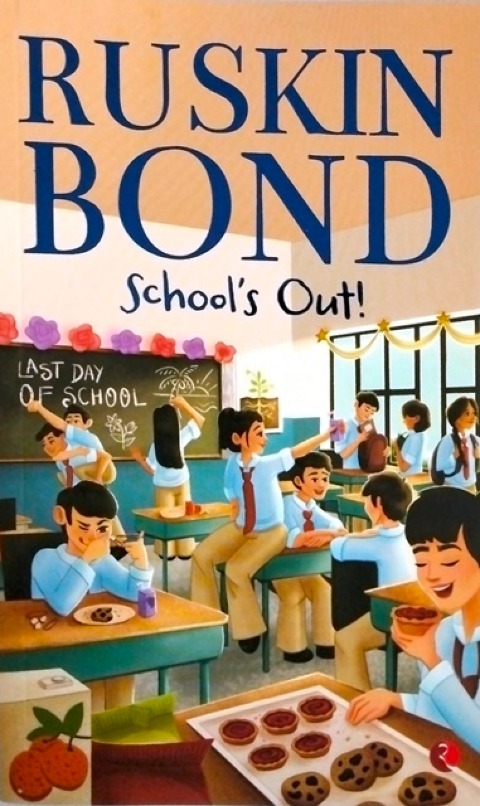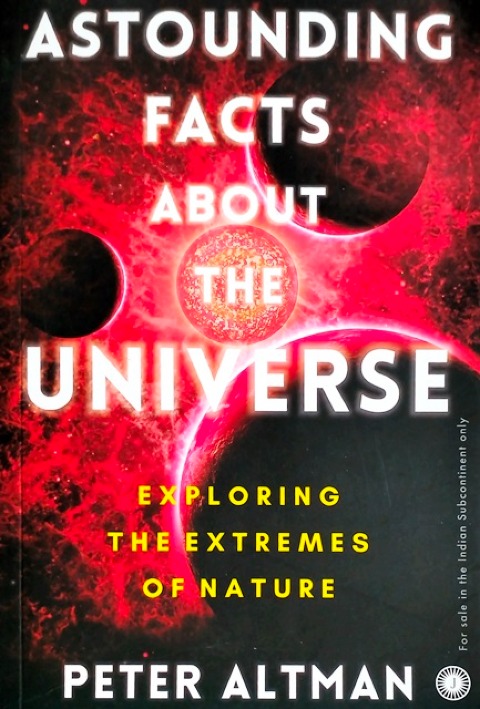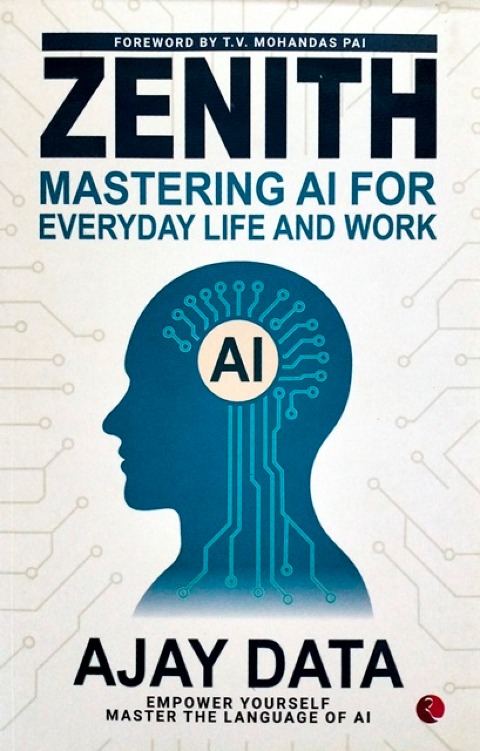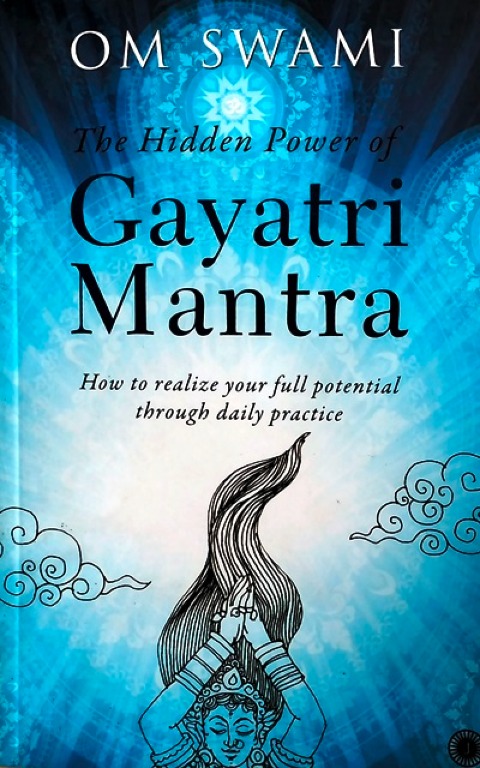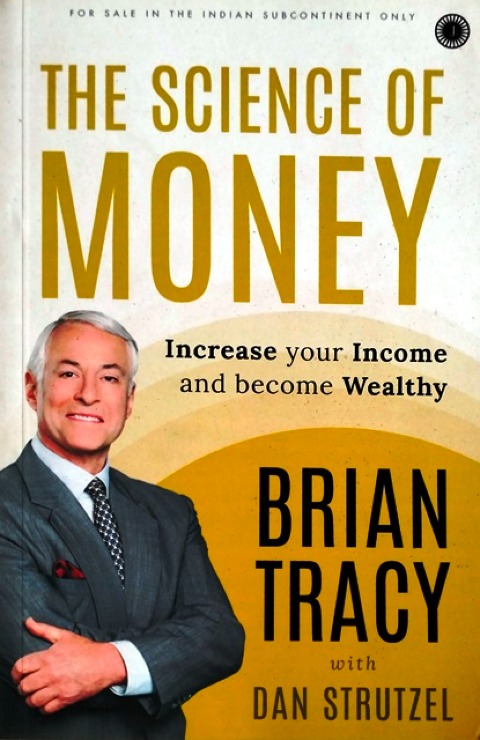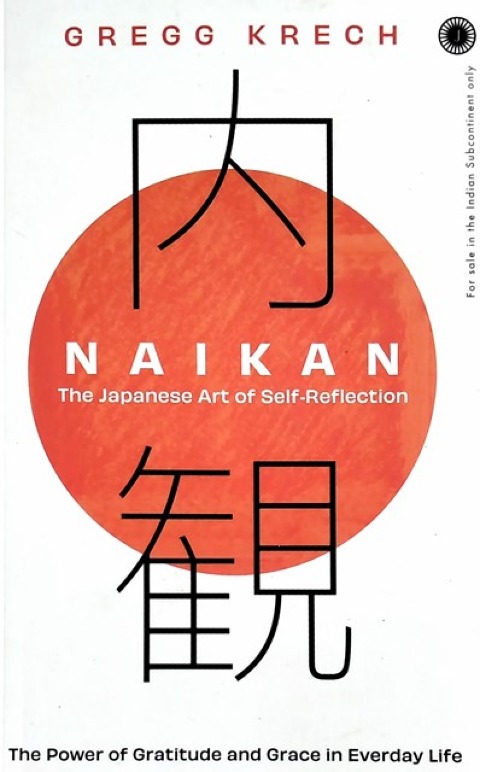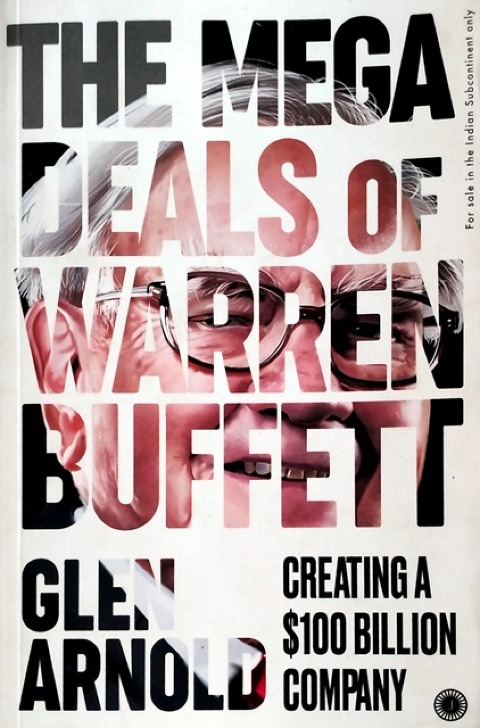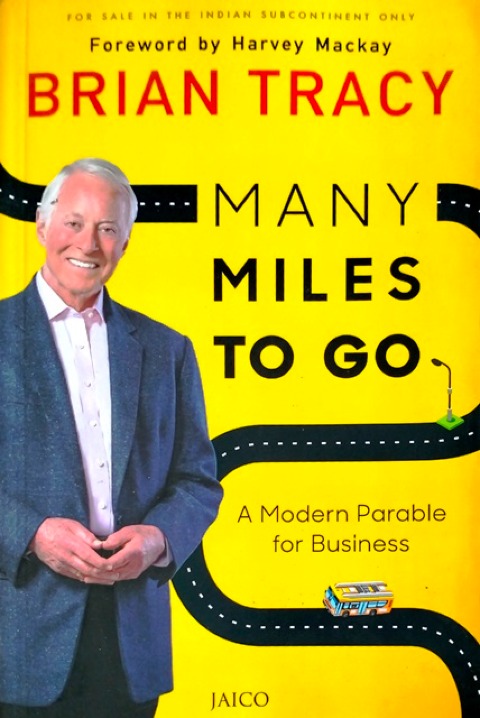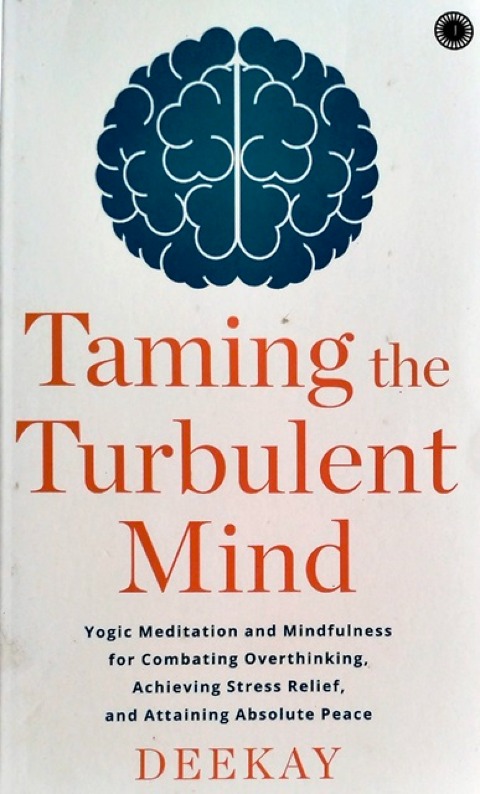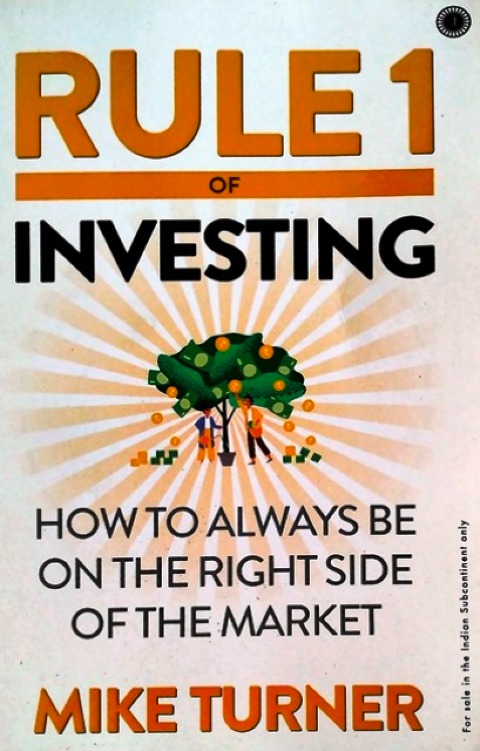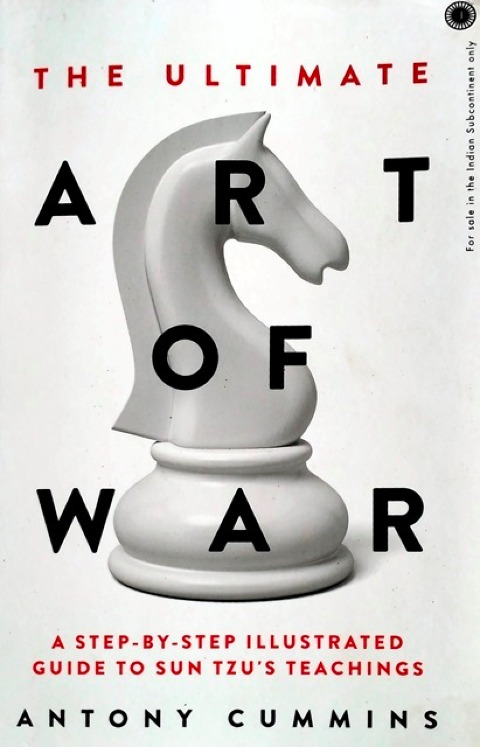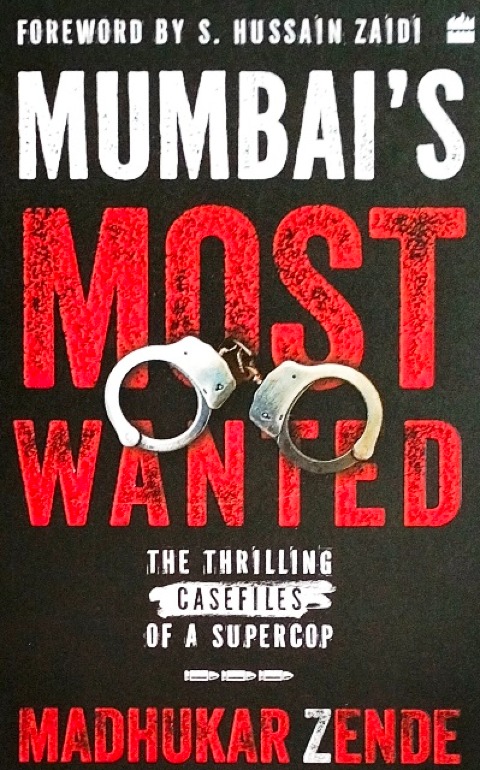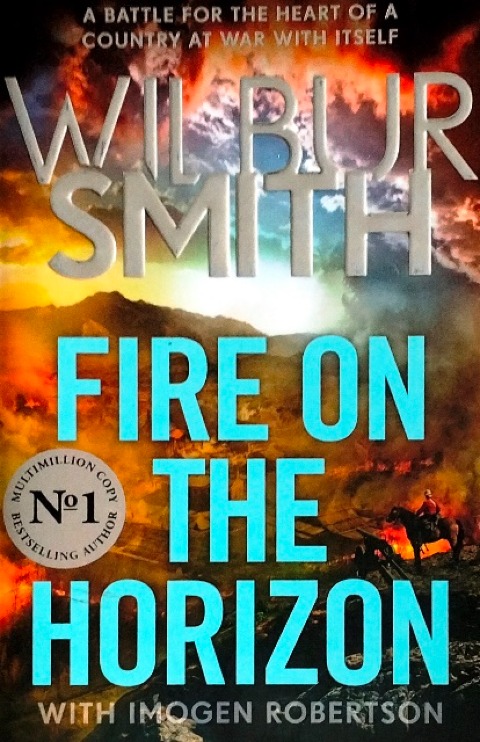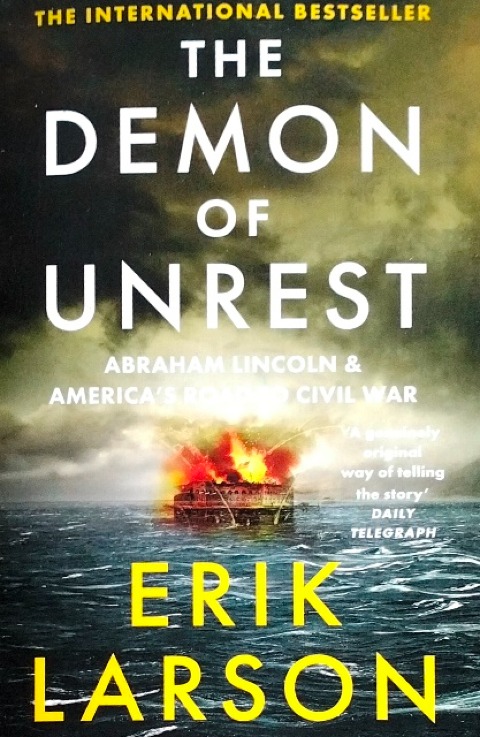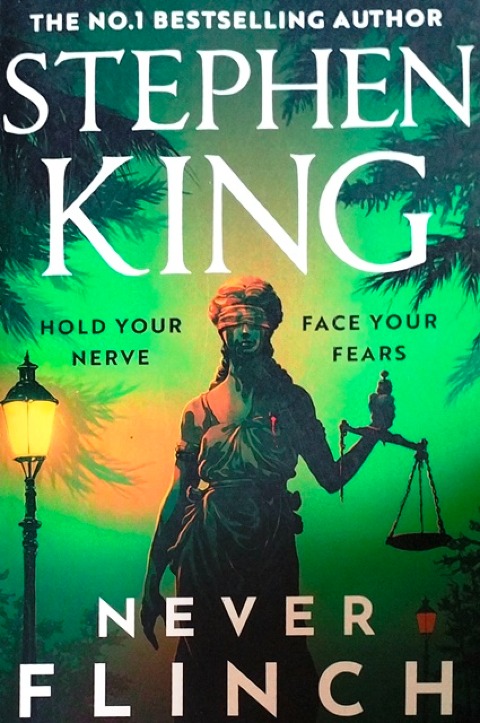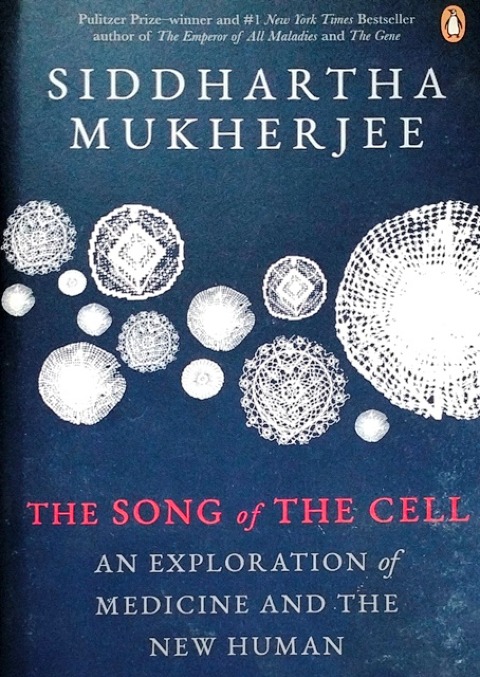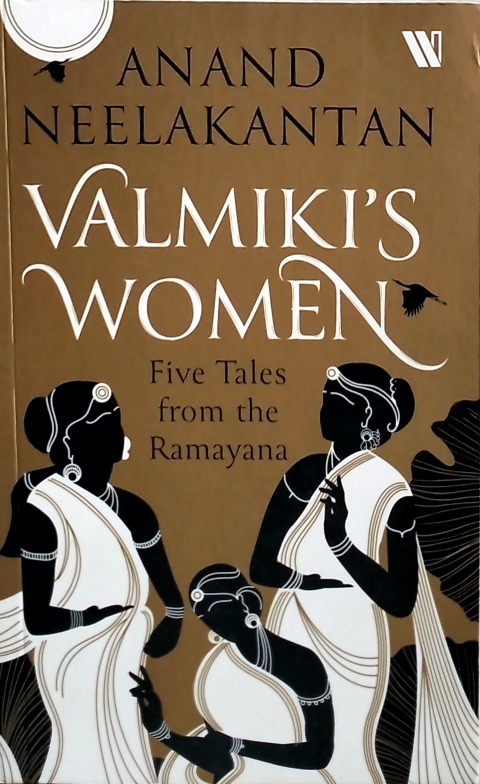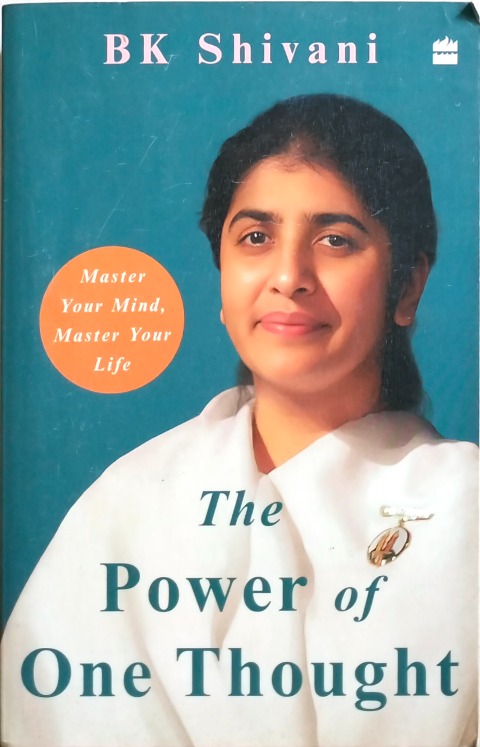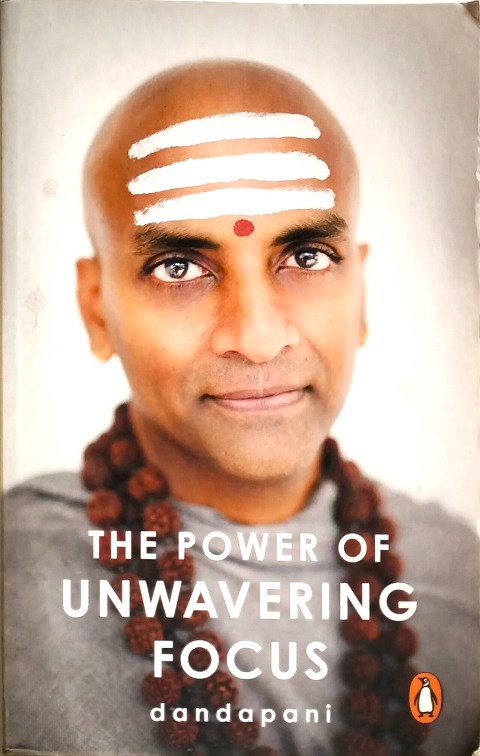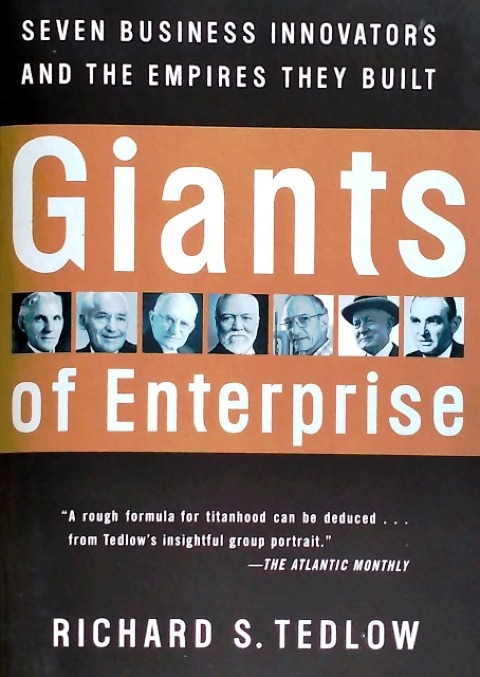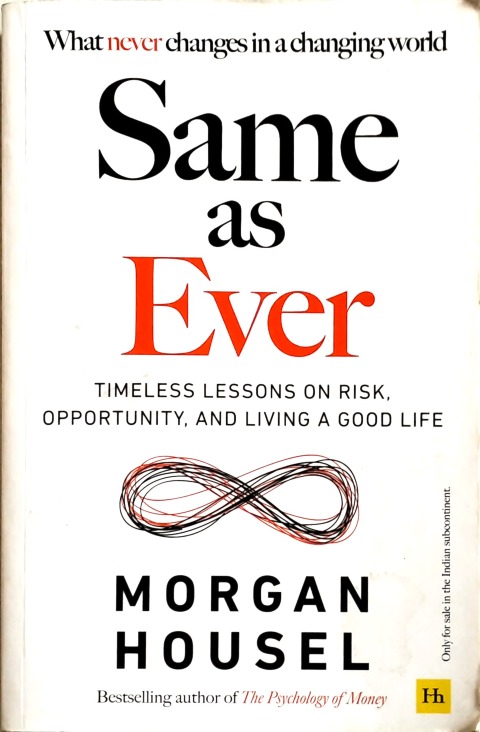-
School’s Out
‘I’m thinking,’ said Romi, ‘that even if the fire is out in a day or two, it will be a long time before the bridge is repaired. So it will be a nice long holiday from school!’ ‘But you can walk across the river,’ said Teju. ‘You just did it.’ ‘Impossible,’ said Romi. ‘It’s much too swift.’ There is a sense of anticipation in the air, increasing as the clock slowly ticks on, each second seeming to last forever. The teacher’s voice drones on in the background as you exchange another grin with your best friends, already planning your summer routine in detail in your head. And then the bell rings—that sweet sound of freedom—signalling that school is finally out! Revelling in the joy of this moment, School’s Out! brings together a collection of Ruskin Bond’s best children’s stories, the perfect summer vacation read. Journey through streets and tunnels and forests, on tongas and trains and bicycles, with friends old and new, and make the most of the holidays through the delightful style of the writer on the hill.
-
Astounding Facts About The Universe
Astounding Facts About the Universe: Exploring the Extremes of Nature Dive Into a World of Extremes and Uncover the Astonishing Wonders of Our Universe. Did you know that the largest object on Earth weighs a mind-boggling 700,000,000,000,000 tons? Or that sound can race through a diamond at an astounding 27,000 mph? Astounding Facts about the Universe is your go-to reserve on the fastest, slowest, heaviest, and lightest phenomena in the cosmos. Far more than a mere collection of numbers, this captivating book provides rich background stories to every record, offering a deeper understanding of the incredible facts. Whether you're a seasoned science enthusiast or just curious about the mysteries of our world, you'll find yourself immersed in a well-documented journey that explores the extraordinary realms of science and astronomy. With a blend of fascinating facts and a meticulous scientific approach, this book offers an enlightening and engaging reading experience. Embark on an illuminating journey, where science meets wonder on every page.
-
Zenith Mastering AI For Everyday Life And Work
‘Technology is the great equalizer—and prompt engineering is its new literacy.’ Unlock the transformative power of AI with precision and creativity. Whether you’re a business leader, educator, developer or entrepreneur, this book equips you with the art and science of prompt engineering. Learn to craft clear, effective prompts that save time, boost productivity and drive innovation—across industries and everyday tasks. Packed with real-world examples, advanced techniques and role-specific strategies, this guide is your key to harnessing AI’s full potential. Elevate your communication, streamline workflows and stay ahead in the AI-driven future.
-
The Hidden Power Of Gayatri Mantra
How to realize your full potential through daily Practice step into your super consciousness to realize your dreams and goals! Found in the Rigveda, Gayatri mantra is one of the most important and powerful Vedic mantras even today. Since ages, seers and householder have used its sublime energy to realize their material and spiritual dreams. Also known as vedmata or Savitri, correct invocation of goddess Gayatri has remarkable effects on your emotional and psychic well-being. Following on from his bestseller, The ancient Science of mantras, Om Swami brings to you a simplified method of unleashing the power of the Gayatri mantra. Razor-sharp intuition or penetrating wisdom, working the law of attraction or gaining immense willpower, Absorption and practice of Gayatri bestows it all. Full of first-hand experiences, real-life stories and insightful passages, The hidden power of Gayatri mantra offers you the most authentic and yet practical method of invoking the mantra.
-
The Science Of Money
Increase your Income and become WealthyThe topic of money – how to create it, invest it and spend it wisely – remains the most fascinating subject of discussion around the world. Scores of books, articles, blog posts and videos have been created around it. But somehow there still seems to be a confusion regarding wealth creation. There is so much of “white noise” around this subject that most people either rely on chance for their fortunes or ignore the topic all together. The Science of Money is an attempt to dispel all myths related to the topic of making money and making it last. According to authors Brian Tracy and Dan Strutzel, there is a science of money just as there is science of medicine, engineering, nutrition and the likes. This book ends all confusion once and for all and presents in one comprehensive program the essential truths about money. If you simply study the ideas in this program and apply them to your life and your business, you will become financially successful – as sure as tomorrow’s sunrise.
-
Naikan The Japanese Art Of Self Reflection
Naikan: The Japanese Art of Self-Reflection; The Power of Gratitude and Grace in Everday Life LEARN TO SEE WHAT’S HIDDEN RIGHT IN FRONT OF YOU. IT’S SEEING WHAT’S HIDDEN THAT MAKES THE VIEW EXTRAORDINARY. NAIKAN is a Japanese word that means “inside looking” or “introspection”. A more poetic translation is “seeing oneself with the mind’s eye”. Drawing on Eastern spiritual and psychological traditions, Naikan is a unique method of self-reflection for cultivating self-awareness, gratitude, empathy, and a path for moving forward in our lives. Through Naikan we develop a natural and profound sense of gratitude for blessings bestowed on us by others, blessings that were always there but went unnoticed. This is the 20th anniversary edition of this influential book. Author Gregg Krech, now after more than 30 years of teaching Naikan, shares the depth of his experience with essays, parables, poems, quotations, and recommended reflection exercises. The edition includes new material on relationships, a seven-day practice program, and guidelines to help mental-health professionals apply a Naikan perspective to counseling and therapy.
-
The Mega Deals Of Warren Buffett
The Mega Deals of Warren Buffett: Creating a $100 Billion Company In THE MEGA DEALS OF WARREN BUFFETT, we trace Warren Buffett’s journey as he made Berkshire Hathaway the largest company in America. In this enthralling account, we follow Buffett’s investment deals over the decade from 1989 to 1998, as Berkshire shares jumped 14-fold from $4,700 to $68,000 and its market cap grew from $5 billion to $100 billion. This was a period of Buffett’s career when he was approaching normal retirement age. But far from slowing down, he was just hitting his stride. Buffett was as driven as ever to seek out great companies at good prices. By studying the decision-making that went into his investment deals, and the successful and unsuccessful outcomes, we can learn from Buffett and become better investors ourselves. In this decade, Buffett made investments in Wells Fargo, USAir, American Express, The Shoe Group, Helzberg Diamond Shops, RC Willey, FlightSafety International, Dairy Queen, NetJets, and General Re. For each of these deals, investing expert and Buffett historian Glen Arnold dives into unprecedented detail to analyse the investment process and the stories of the individuals involved. Arnold’s engaging, lucid style transports the reader to the time and place of the deals, to truly appreciate how Buffett was operating.
-
Many Miles To Go
Forword by Harvey MackayA Modern Parable for BusinessBusiness, like any adventure, begins with a leap into the unknownEvery great achievement begins with a vision – a dream of something exciting or different. Many Miles to Go combines Brian Tracy’s personal journey of false starts, long days and narrow escapes with lessons on how to become unstoppable in his personal and professional life.The aim of this book is simple: project forward five years and imagine that your life is now perfect in every way. What does it look like? What are you doing? Who is there with you? This book teaches you that once you’ve decided where you’re going, the only question you have to ask yourself is “How do I get there?”Brian Tracy is the Chairman of Brian Tracy International, a human resources company based in San Diego, California. As an internationally renowned business consultant and motivational speaker, he addresses over 250,000 people each year on leadership, management, sales, strategic planning and personal and career development. He has produced and narrated more than 300 audio and video learning programs, which have been translated into as many as 20 languages.
-
Taming The Turbulent Mind
Taming the Turbulent Mind: Yogic Meditation and Mindfulness for Combating Overthinking, Achieving Stress Relief, and Attaining Absolute Peace Ready for an extraordinary journey of self-discovery to achieve lasting peace of mind? In today’s hyperactive, easily distracted, always-on world, it’s very difficult to calm down and stay focused on our priorities. Stress and unhappiness have become inescapable parts of our lives. In Taming the Turbulent Mind, meditation master and author Deekay shows you how to stay calm and find joy. Deekay draws from our yogic heritage and demonstrates how to apply its wisdom to our daily lives. This book offers strength to face challenges at work, home, and in our relationships. While we can’t control external stresses, we can control our reactions. Deekay teaches us how to manage our mind and responses through guided meditation techniques—from beginner to advanced level—as he skilfully leads us through various methods highlighting their benefits. With relatable stories and practical tips, this book is perfect for anyone looking to harness the power of the mind and embrace mindful living.
-
Rule 1 Of Investing
HOW TO ALWAYS BE ON THE RIGHT SIDE OF THE MARKET NEVER FEAR GETTING CAUGHT IN THE BEAR MARKET. ALWAYS BE ABLE TO CAPITALIZE ON BULL MARKETS. In Rule 1 of Investing software designer and math genius Mike Turner shares his simple, ingenious method for making winning stock trades. The beauty of this methodology is it completely removes the need to guess about trends or how long they will last. You never have to try to time market tops or bottoms. You will always know when a market has topped and when it has bottomed and how to trade accordingly. It begins with the foundation of Mike’s entire system, the one condition that must be met before you even think about investing. It then reveals nine other rules Mike’s system follows to produce its uncanny eighty percent win rate picking stocks… and to generate returns almost three times better than the market. A must-read investing guide for anyone struggling to profit in today’s volatile market.
-
The Ultimate Art of War
The Ultimate Guide to the Real Teachings of Sun Tzu The Art of War is the world’s most famous military treatise, yet few people have explored what its much-quoted maxims really mean. Created for all those who want to study Sun Tzu’s teachings in depth and apply his strategic insights in their own lives, this is the first ever step-by-step guide to the ancient Chinese classic, breaking down the enigmatic text into 235 lessons that explain the core concepts more clearly than ever before. Including a full translation of Sun Tzu’s original, as well as in-depth commentary that summarizes current academic interpretations of the text, this is the only edition of Art of War to highlight the different perspectives of all recent translators as well as those of the historical commentators. To help you fully absorb the lessons you will also find: • Striking strategic diagrams and conceptual graphics to embed the teachings. • A War Tip with each lesson, to make it even more memorable. • A closing section containing the entire Art of War boiled down to a concise list of bullet points—the essential reference tool for studying the complete strategy of Sun Tzu.
-
Stars Will guide You Home
Would you take a second chance at love if an app matches you up? As teenagers, Kiana and Nirvaan were inseparable-until family expectations tore them apart. A decade later, despite having successful careers, their hearts are empty. Then, AILENA, a cutting-edge AI dating app, matches them with a near-perfect compatibility-without revealing their true identities. As their virtual bond deepens, past wounds resurface but love makes its way through their hearts until AILENA deems them incompatible and cuts their connection forever. What will they do: Trust the app or follow their hearts? Can their love survive the test of time and reality? Set in India and the US, this is a story of love reimagined in the digital age. In a world where we are constantly connected yet feel lonely, Stars Will Guide You Home is a love story for everyone-the ones who overthink, the ones who let go too soon and the ones still hoping for a sign.
-
Mumbai's Most Wanted
It is the 1970s. Mumbai is in the underworld's vice grip. Film stars, businessmen, traders and the common man-no one is safe from the mafia's greed and wrath. But a determined, intelligent and no-nonsense policeman is about to bring them to justice ... without ever firing a single bullet. Assistant Commissioner of Police (Retd) Madhukar B. Zende is best-known for his sensational arrest of the serial murderer Charles Sobhraj, aka the Serpent. He is also lauded for successfully managing the violent riots in Mumbai that broke out in the aftermath of the demolition of the Babri Masjid in 1993, and ushering in an era of peace. But Zende has many more stories of crime and justice under his belt, and in this book, he gives readers a glimpse into what it meant to be a cop in the seventies and eighties. From the puzzling case of the murder of Shanta Devi to the kidnapping of a famous movie mogul to the capture of dark luminaries like Arun Gawli, Karim Lala, Haji Mastan and Babu Reshim, Mumbai's Most Wanted is a riveting account of a supercop who brought some of the city's most dreaded villains to their knees.
-
Joy
Joy is an unforgettable story about a determined young woman and her voyage of self-discovery, from billion-copy bestselling author Danielle Steel. Allegra Dixon has never felt loved or wanted. Rejected by her mother – a cold, beautiful socialite – and her absentee military father, Allegra’s only escape from her lonely existence is through books and her own rich fantasy world. When she marries her childhood sweetheart, Shepherd Williams, it seems Allegra’s life has finally taken a turn for the better. But as Shep is pulled into the dark world of military conflict, he is slowly destroyed by the horrors he has seen in combat, and becomes a dangerous man that Allegra doesn’t recognize. Desperate for a fresh start, Allegra leaves a job she loves in New York and moves to California to start a new life. She takes a position as assistant to film score composer Henry Platt, a man with a reputation for creative genius and an intense, frenetic personality. As new opportunities arise and hard challenges continue to bar her path to happiness – can Allegra finally find the joy and fulfilment she truly deserves?
-
The Chemist
The Sunday Times top ten bestseller!* Don’t miss this incredible adrenaline-filled thriller from the author of the DI Harry Virdee novels, now a major BBC TV drama. ‘Without a doubt the best crime thriller I’ve read this year … A story of loyalties and desperation. A brilliant read’ Reader review ⭐⭐⭐⭐⭐ 'A. A. Dhand is masterful within the gangland genre. He grabs the reader’s attention from the start, and we remain gripped to the end' Reader review ⭐⭐⭐⭐⭐ ‘The Chemist is absolutely compelling, inventive and original … Simply brilliant. State of the art British Crime fiction. Read it as soon as you can!’ Reader review ⭐⭐⭐⭐⭐ * * * * Local pharmacist and pillar of the community, Idris Khan, spends his days doling out methadone to the hundreds of addicts in his care. They trust Idris with their secrets, and so he knows more than his mild manner suggests. So when his childhood sweetheart, Rebecca, doesn't turn up for her daily methadone dose, Idris is worried. Worried enough to go looking for her in the most deprived area of Leeds, alone. The mess Idris finds catapults him into the middle of a turf war between the two most powerful drug cartels in Yorkshire. Now, he must use every bit of intelligence and cunning he has to keep those he loves safe. Because a war is on the way. And when Idris goes after his enemies, they won't see him coming. * * * * Praise for A. A. Dhand: ‘Dark, daring and utterly propulsive … blurs the lines between hero and villain’ Kia Abdullah, author of Those People Next Door ‘Terrific … dispensing thrills and tension from start to finish’ Trevor Wood, author of The Man on the Street ‘Gritty, dark, and visceral … If I read a better book in the next year, it's probably because I've read this one twice’ Neil Lancaster, author of Dead Man’s Grave
-
Fire on the Horizon
Ryder had no doubt a war was coming, and he knew the character of the men the British would be fighting . . . South Africa, 1899 - the smouldering hostility between the Boers and the British colonies is about to burst into flame. Colonel Penrod Ballantyne - hero of Abu Klea and Omdurman - is sent to Mafeking to prepare for the coming storm. His wife Amber accompanies him, but when war is declared Amber must flee with their baby son and pray for her husband's survival - against impossible odds. Eight hundred miles away, in Cape Town, Ryder Courtney is using his wealth to bankroll the British war effort. When his son Leon stows away on a train to the front line, determined to join his uncle Penrod in changing the course of history, Ryder and his wife Saffron have no choice but to leave the safety of the Cape Colony and follow. Leon is convinced that his parents are without honour, that only his uncle understands him - he is about to discover just how wrong he can be. BOOK 24 IN THE LONG-RUNNING EPIC HISTORICAL SAGA OF THE COURTNEY FAMILY FROM WILBUR SMITH IN WHICH THE COURTNEYS AND THE BALLANTYNES COME TOGETHER ONCE AGAIN IN THE SEQUEL TO WORLDWIDE BESTSELLERS THE TRIUMPH OF THE SUN AND KING OF KINGS. Praise for Wilbur Smith 'A master storyteller' Sunday Times 'No one does adventure quite like Smith' Daily Mirror 'Best historical novelist' Stephen King
-
The Demon of Unrest: Abraham Lincoln & America’s Road to Civil War
NEW YORK TIMES BESTSELLER The author of The Splendid and the Vile brings to life the pivotal five months between the election of Abraham Lincoln and the start of the Civil War in this ''riveting reexamination of a nation in tumult'' (Los Angeles Times).On November 6, 1860, Abraham Lincoln became the fluky victor in a tight race for president. The country was bitterly at odds; Southern extremists were moving ever closer to destroying the Union, with one state after another seceding and Lincoln powerless to stop them. Slavery fuelled the conflict, but somehow the passions of North and South came to focus on a lonely federal fortress in Charleston Harbor: Fort Sumter.Master storyteller Erik Larson offers a gripping account of the chaotic months between Lincoln’s election and the Confederacy’s shelling of Sumter – a period marked by tragic errors and miscommunications, enflamed egos and craven ambitions, personal tragedies and betrayals. Lincoln himself wrote that the trials of these five months were ‘so great that, could I have anticipated them, I would not have believed it possible to survive them’.At the heart of this suspense-filled narrative are Major Robert Anderson, Sumter’s commander and a former slave owner sympathetic to the South but loyal to the Union; Edmund Ruffin, a vain and bloodthirsty radical who stirs secessionist ardour at every opportunity; and Mary Boykin Chesnut, wife of a prominent planter, conflicted over both marriage and slavery and seeing parallels between both. In the middle of it all is the overwhelmed Lincoln, battling with his duplicitous Secretary of State, William Seward, as he tries desperately to avert a war that he fears is inevitable – one that will eventually kill 750,000 Americans.Drawing on diaries, secret communiques, slave ledgers, and plantation records, Larson gives us a political horror story that captures the forces that led America to the brink – a dark reminder that we often don’t see a cataclysm coming until it’s too late.
-
Never Flinch
From master storyteller Stephen King comes a thrilling new novel with intertwining storylines - one about a killer on a diabolical revenge mission, and another about a vigilante targeting a feminist celebrity speaker - featuring the beloved Holly Gibney and a dynamic new cast of characters. When the Buckeye City Police Department receives a disturbing letter from a person threatening to 'kill thirteen innocents and one guilty' in 'an act of atonement for the needless death of an innocent man', Detective Izzy Jaynes has no idea what to think. Are fourteen citizens about to be slaughtered in an unhinged act of retribution? As the investigation unfolds, Izzy realises that the letter writer is deadly serious, and she turns to her friend Holly Gibney for help. Meanwhile, controversial and outspoken women's rights activist Kate McKay is embarking on a multi-state lecture tour, drawing packed venues of both fans and detractors. Someone who vehemently opposes Kate's message of female empowerment is targeting her and disrupting her events. At first, no one is hurt, but the stalker is growing bolder, and Holly is hired to be Kate's bodyguard - a challenging task with a headstrong employer and a determined adversary driven by wrath and unhinged righteousness. Featuring a riveting cast of characters both old and new, including world-famous gospel singer Sista Bessie and an unforgettable villain addicted to murder, these twinned narratives converge in a chilling and spectacular conclusion - a feat of storytelling only Stephen King could pull off. Thrilling, wildly fun and outrageously engrossing, Never Flinch is one of King's richest and most propulsive novels.
-
The Song of the cell (An exploration of medicine and the new human)
From Pulitzer Prize-winning and #1 New York Times bestselling author of The Emperor of All Maladies and The Gene, The Song of The Cell is the third book in this extraordinary writer's exploration of what it means to be human-rich with Siddhartha Mukherjee's revelatory and exhilarating stories of scientists, doctors, and all the patients whose lives may be saved by their work. In the late 1600s, a distinguished English polymath, Robert Hooke, and an eccentric Dutch cloth merchant, Antonie van Leeuwenhoek, look down their handmade microscopes. What they see introduces a radical concept that sweeps through biology and medicine, touching virtually every aspect of the two sciences and altering both forever. It is the fact that complex living organisms are assemblages of tiny, self-contained, self-regulating units. Our organs, our physiology, our selves-hearts, blood, brains-are built from these compartments. Hooke christens them 'cells'. The discovery of cells-and the reframing of the human body as a cellular ecosystem-announced the birth of a new kind of medicine based on the therapeutic manipulations of cells. A hip fracture, a cardiac arrest, Alzheimer's, dementia, AIDS, pneumonia, lung cancer, kidney failure, arthritis, COVID-all could be viewed as the results of cells, or systems of cells, functioning abnormally. And all could be perceived as loci of cellular therapies. In The Song of the Cell, Mukherjee tells the story of how scientists discovered cells, began to understand them, and are now using that knowledge to create new humans. He seduces readers with writing so vivid, lucid, and suspenseful that complex science becomes thrilling. Told in six parts, laced with Mukherjee's own experience as a researcher, doctor, and prolific reader, The Song of the Cell is both panoramic and intimate-a masterpiece.
-
Valmikis Women
REMARKABLE STORIES ON FIVE UNFORGETTABLE WOMEN FROM THE RAMAYANA While the righteous Lord Ram is at the heart of Ramayana, his story is incomplete without the women Valmiki created, whose lives are closely tied to his. Would King Dasharatha even have his coveted sons, were it not for the sacrifice of his daughter, Shanta? Who would Queen Kaikeyi be had she not been nurtured by Manthara as a child? Which direction would the epic have taken had the sacrifice of a bird not moved the sage Valmiki to write? Best-selling author Anand Neelakantan invites readers to ask these questions as they delve into these stories of ambition, love, devotion and courage—the stories of the women of Valmiki’s epic. About the Author Anand Neelakantan is the author of the Baahubali trilogy, the prequel to S.S. Rajamouli's blockbuster movie. Neelakantan is also the author of Asura: Tale of the Vanquished, which told the Ramayana from Ravan’s point of view. He followed it up with the tremendously successful Ajaya series. Neelakantan’s books have been translated into more than nine languages, including Indonesian. Neelakantan is also a prolific writer in Malayalam and regularly publishes stories in the prestigious Malayalam magazine. He is also a cartoonist. He lives in Mumbai with his wife Aparna, daughter Ananya, son Abhinav and pet dog, Jackie the Blackie. You can look him up on Facebook, Twitter and Instagram using the handle: @itsanandneel.
-
The Power Of One One Thought
TIRED OF THINKING ABOUT A MILLION THINGS ALL AT ONCE? HAVE A HARD TIME SITTING BY YOURSELF FOR FIFTEEN MINUTES DOING NOTHING? TROUBLED BY A MIND THAT QUESTIONS WHY, WHEN, WHAT IF, BUT THEN ...? IF YES, THIS BOOK IS FOR YOU. Renowned spiritual teacher BK Shivani''s profound wisdom has guided millions across the world through transformative journeys of self-discovery and personal empowerment.In The Power of One Thought: Master Your Mind, Master Your Life, Sister Shivani eloquently explains the impact of every thought - each ''one'' thought that gives rise to our feelings, attitudes, actions, habits and personality, and influences our destiny. In the process, she awakens us to the truth: What we think about is what we bring about.With clarity and compassion, and through powerful storytelling, Sister Shivani demonstrates simple methods to harness the power of effective thinking, thus giving us the key to perpetual happiness, health, strong relationships and a successful career.
-
The Power Of Unwavering Focus
ACHIEVE YOUR GOALS BY LEARNING TO FOCUS. Focus can be learned and improved with practice, just like learning to read or write. Focus is at the core of all human success, yet we are constantly distracted. Distraction is damaging relationships, our working lives and our happiness. Whether you're seeking to improve yourself as a team member or a leader, a partner or a parent, a student or a teacher, this book will help you learn how to focus and in doing so, dramatically improve your productivity, relationships, mental health, happiness and your ability to achieve your life goals. Drawing on ancient Hindu monastic tradition, Dandapani shows us in this ten-step guide that concentration is a skill we can learn and improve with practice.
-
Giants Of Enterprise
Masterfully combining his understanding of business and American history, Harvard Business School professor Richard S.Tedlow illuminates the professional and personal lives of these nineteenth- and twentieth- century titans, men with penetrating insight whose need to fulfill their destiny outweighed their fear of failure.
-
Same As Ever
When planning for the future we often ask, “What will the economy be doing this time next year?” Or, “What will be different ten years from now?” But forecasting is hard. The important events that will shape the future are inherently unpredictable. Instead, we should be asking a different question: What will be the same ten years from now? What will be the same one hundred years from now? Knowledge of the things that never change is more useful, and more important, than an uncertain prediction of an unknowable future. In Same As Ever, bestselling author Morgan Housel shares 24 short stories about the ways that life, behaviour, and business will always be the same. Armed with this knowledge of the unchanging, you will have a powerful new ability to think about risk, opportunity, and how to navigate the uncertainty of the future. As you see familiar themes repeat again and again in the years ahead, you’ll find yourself nodding and saying, “Yep, same as ever.”

